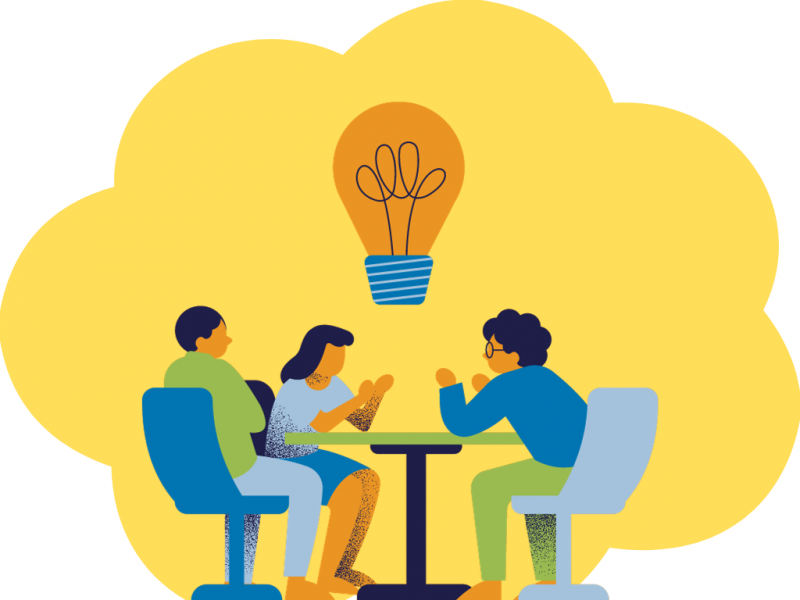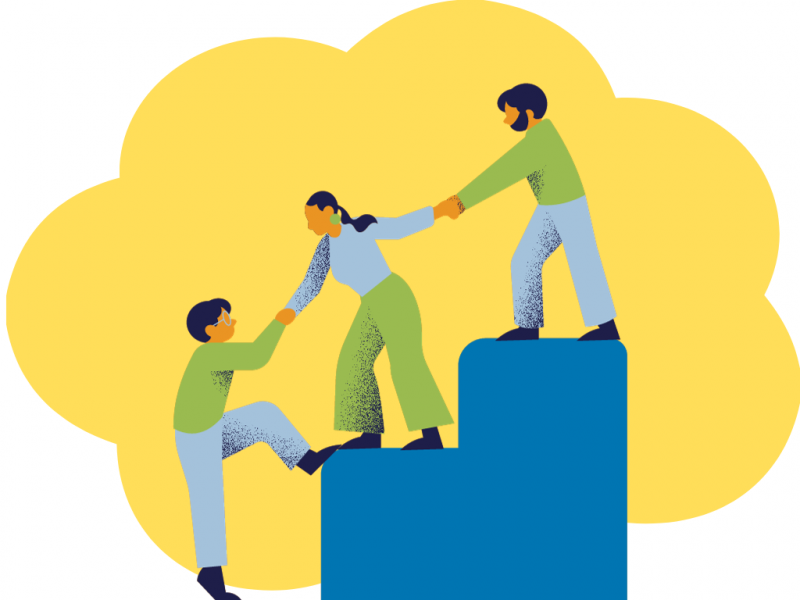Dr Sarah Hopp explores the importance of understanding and accommodating the needs of neurodivergent individuals in the workplace. What may seem like unusual behaviours or preferences can be some colleagues' coping mechanisms for managing anxiety. She emphasises the significance of creating an inclusive and supportive environment for these individuals to thrive.

You’ve had a long day at work, you’re tired but you need to attend a staff meeting. While you sit waiting for the meeting to begin, a colleague asks to sit on your chair. There are other chairs available but the colleague insists on your one. What would you think? What would your initial reaction be? Annoyance? Confusion?

Our initial judgements and expectations (our knee-jerk reactions), including how we expect others to behave, are fuelled by our deep-rooted internal thoughts, emotions and beliefs. This includes our biases – both conscious and unconscious – and they happen without us even realising it. Still, our interpretation of a situation may not be what it first appears.
The above scenario may appear extreme but it is one that I, as a manager, have experienced. For a neurodivergent person, not being able to sit in a certain place may evoke acute anxiety. Routines including a static working environment may provide stability for a person who finds it difficult to understand and navigate the world around them.
Barron (2016), an autistic journalist, describes how he used his polarised thinking to create control and structure in his day as a coping mechanism to minimise the unpredictability of daily life:
‘I devised a series of arbitrary, unwritten rules I expected them [people] to follow that was in line with my black-and-white thinking patterns. When they failed to perform according to these rules – rules they were largely unaware of – all hell broke loose in my world and theirs.’
For Barron, the unpredictability of life made him feel as if he had lost control and his anxiety would feel unbearable, often causing him to have angry outbursts directed at other people. This apparently inappropriate behaviour was his way of making sense of an environment that often had chaos and anxiety at its core instead of control and structure.
In the first example above, needing to sit in a certain place in a meeting may thus provide a sense of security, a way of overcoming anxiety. It’s also important to note that some people may find it difficult to communicate or may even not be aware of how others who may perceive life differently from them might perceive their behaviour.

We should find a fine balance between acceptance and support, boundaries and expectations so that there is a feeling of guidance, affiliation and encouragement. One cannot expect to judge another person by the same parameters if the other person experiences the world differently. It is the parameters of our own judgements and what shapes these judgements that we need to be aware of.
We live in a world that has created its own social norms, rules and regulations based on a narrow understanding of humanity, of behaviour that society has deemed as ‘acceptable’. Suppose we widen our understanding of the complexities of the human condition and how this may differ from one person to another. In that case, our understanding of living in harmony with our fellow human beings may improve. However, we can only become aware of the influences on our judgements when we self-reflect both professionally and personally.
There also needs to be an understanding that providing an inclusive working environment is only part of the support required for neurodiverse colleagues. A dialogical working relationship of trust is also central to the flourishing of an employee so that they can feel safe in communicating any anxieties, needs or wishes, which may change daily depending upon previous events that have happened during the week.
Once these support mechanisms are in place, the creativity, innovation and unique perspective a neurodivergent person can bring to an institution is outstanding. One only has to look at the top American companies, for example, Silicon Valley, for evidence.

On a local team/departmental level:
On a wider institutional level:
Each one of us is unique and no one has the same disposition, life experiences or perceptions. It’s what makes humanity so rich and it should be celebrated. However, it can only be truly appreciated if we try to understand each other and check ourselves so we are not quick to judge.
Join international education consultant and trainer Claire Gadsby for a whole day of learning with a focus on developing as a strong subject or phase leader.